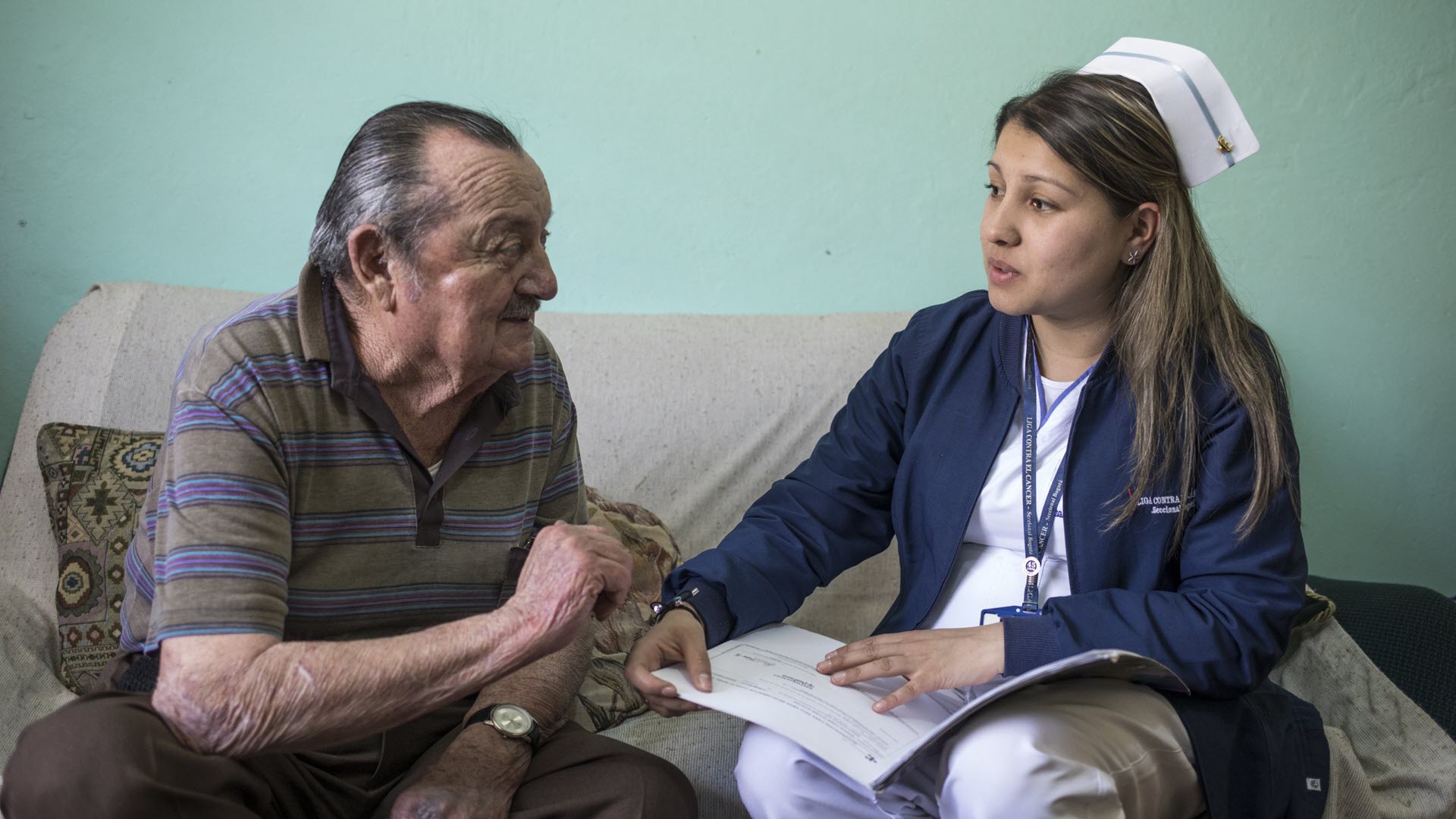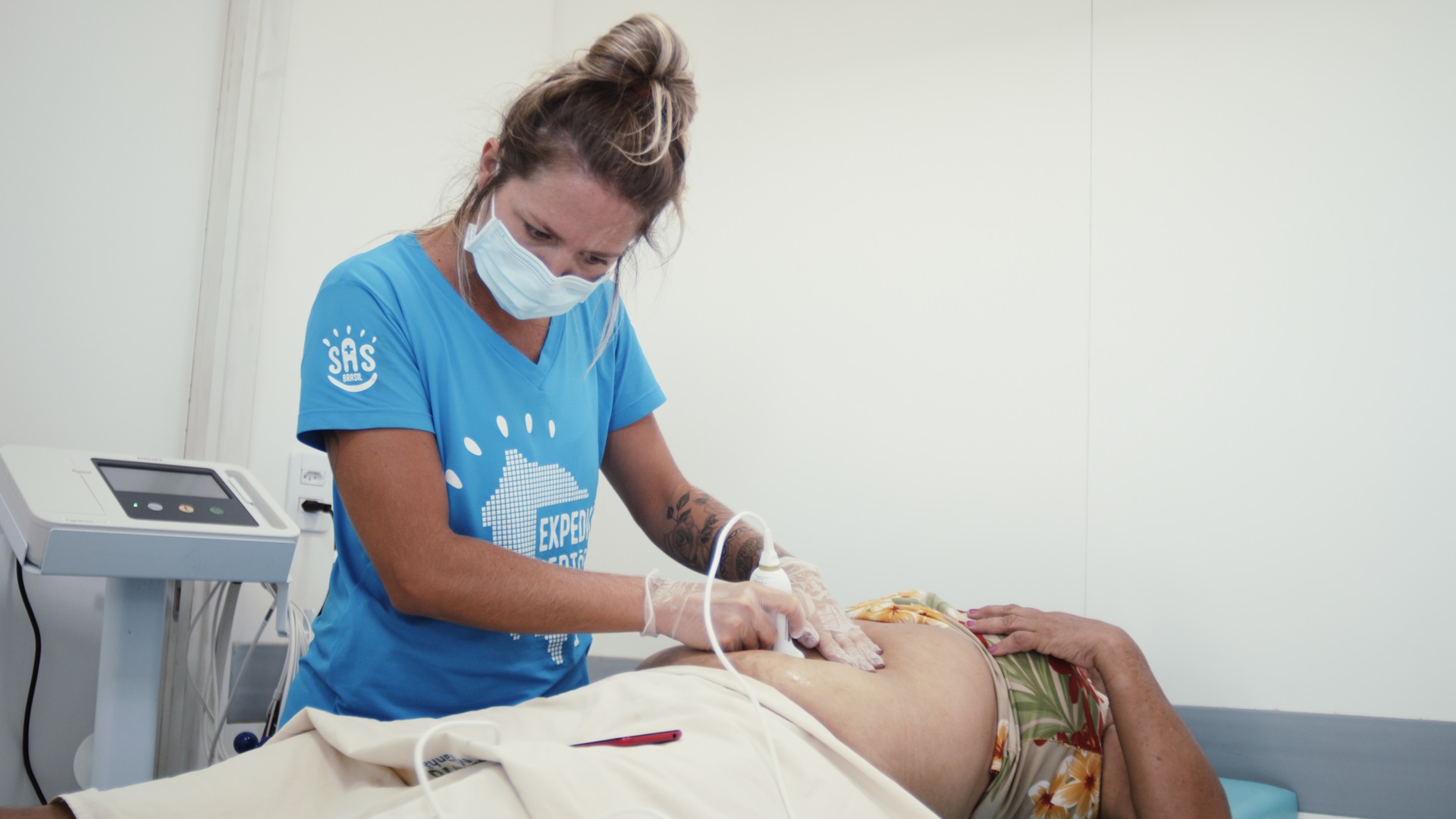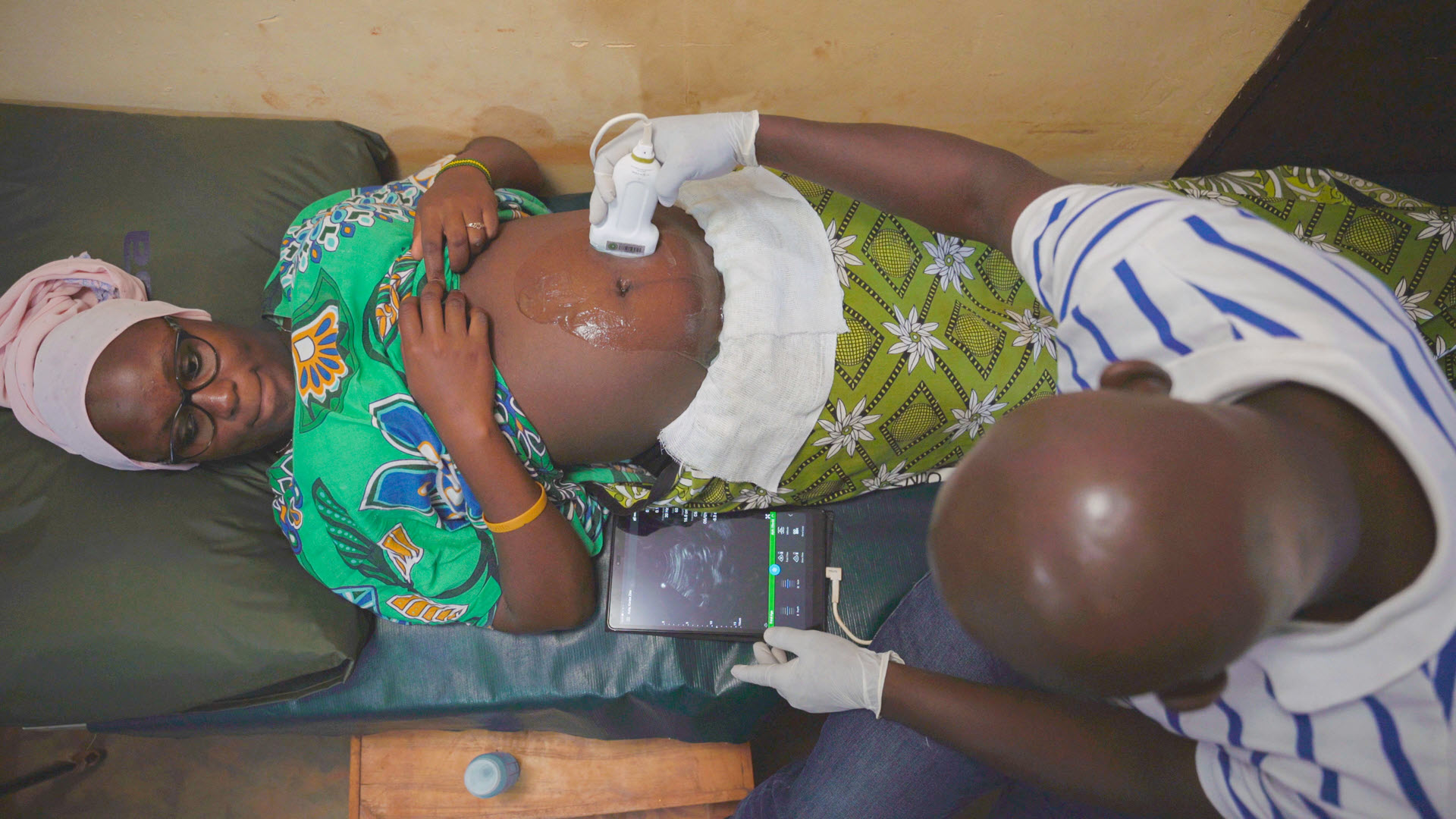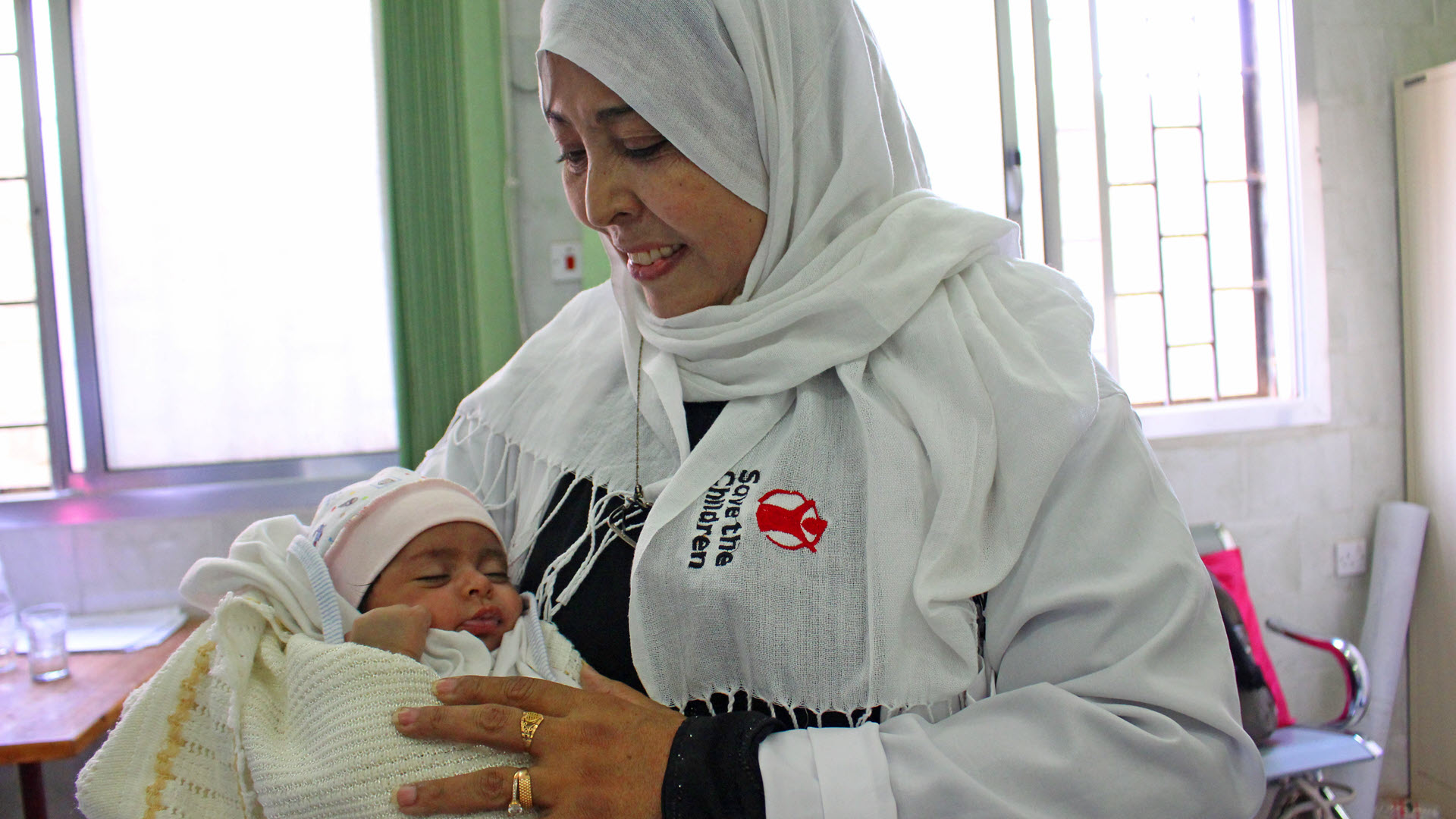Improving access to quality healthcare
Improving access to healthcare has been another pivotal focus for Philips Foundation, Philips LATAM, and their partners in Latin America. In my commentary piece of 2020, I already emphasized that this focus gained even greater significance during the COVID-19 pandemic, which disproportionately impacted the region, including remote areas like the Amazon. Between 2020 and 2022, Philips Foundation and Philips worked in collaboration with local partners in Argentina, Brazil, Chile, Ecuador, Mexico, and Peru to provide vital health technologies and expertise, alleviating pressure on local healthcare systems.
In Peru, where over 10 million people lack access to primary healthcare, Philips Foundation recognized the critical role of point-of-care ultrasound in low-resource emergency departments. To address the lack of education pathways for emergency medicine physicians to learn ultrasound, Philips Foundation partnered with Ondas de Latinoamerica to create a fellowship program. Through the innovative use of tele-ultrasound and remote education tools, this initiative empowered emergency medicine physicians to become leaders in ultrasound, significantly enhancing diagnostic capabilities at the bedside and benefiting underserved communities.
Similarly, in Brazil, Philips Foundation collaborated with SAS Brasil in 2020 to deploy four remote Advanced Telemedicine Units (ATU) in hard-to-reach areas. These ATUs, equipped with telehealth and medical equipment such as mobile ultrasound, have revolutionized healthcare delivery in rural regions. By empowering local health workers and enabling specialized health services, these units have brought much-needed care to some of Brazil's most remote communities. The successful outcomes of this collaboration have paved the way for further expansion in 2023, utilizing mobile health units to reach even more remote regions.
Addressing the challenges in cancer diagnosis and treatment in Argentina has been a priority for Philips Foundation and its partners. With the incidence of cancer expected to rise significantly in the coming years, particularly lung cancer, timely diagnosis remains a challenge due to a lack of trained professionals in public hospitals. To overcome this issue, Philips Foundation partnered with Fundación para la Investigación, Docencia y Prevención del Cáncer (FUCA) in 2022 to implement remote tele-radiology diagnosis solutions. This initiative will enable thoracic pathology specialists to virtually analyze approximately 25,000 images annually, expediting diagnosis and treatment. Hospitals in remote areas will also receive training to effectively utilize this technology, bridging the gap in access to quality cancer care.
Recognizing the importance of education and training in addressing healthcare challenges, especially in low- and middle-income countries, Philips Foundation partnered with Global Neuro in 2021. This collaboration aims to create sustainable and scalable education and training models with advanced diagnostic tools in underserved areas of Colombia. Through the use of portable diagnosis and monitoring technology, healthcare providers in clinics, community health centers, ambulances, trauma centers, and public hospitals can enhance their decision-making skills. This initiative has a significantly positive impact on improving healthcare access in areas with limited resources.










